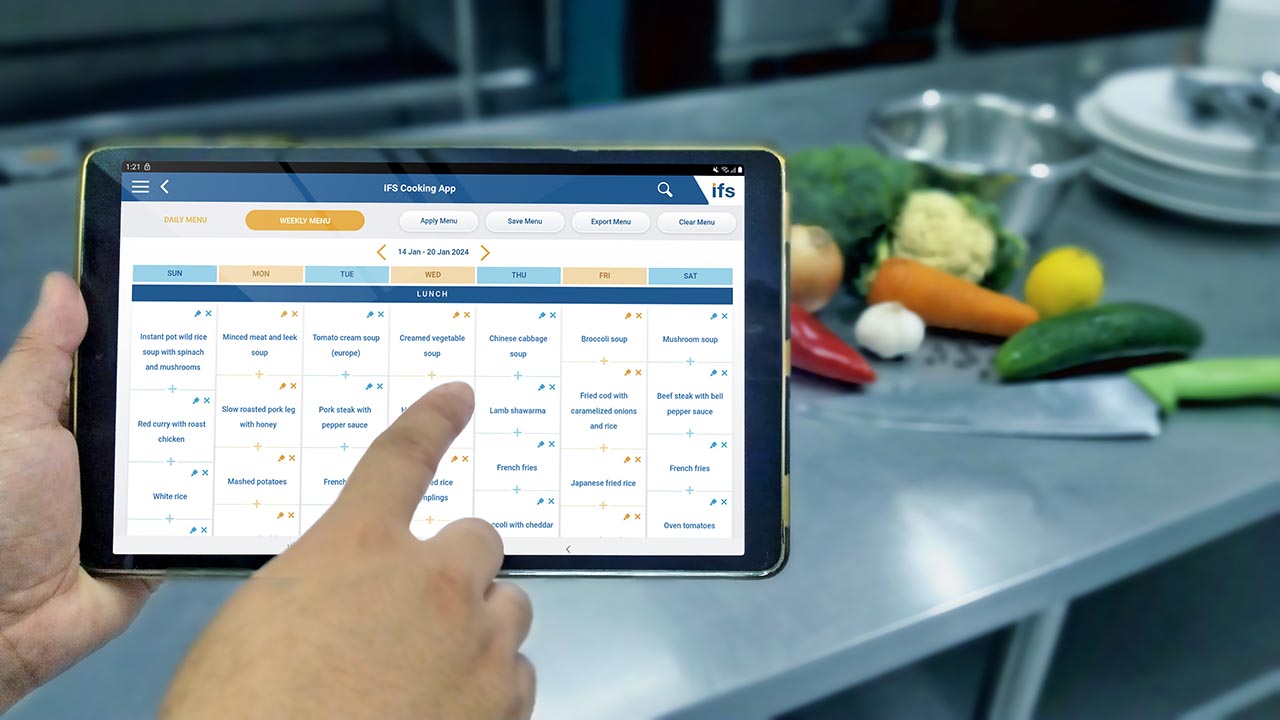The keys to success in Meal Planning at Sea
Are you a seasoned Chief Cook or just starting your career in the galley? Understanding meal planning can make a world of difference in ensuring that crews are well-fed and happy while at sea. At the core of navigating diverse palates and ensuring healthy nutrition on board, there are two key words: meal planning.
Meal planning is the art of scheduling regular meals for a given period, for example, at weekly, bi-weekly, or monthly intervals. Effective meal planning is crucial for achieving healthy eating and portions. In the ship's galley, meal planning is usually the sole responsibility of the Chief Cook.Things to consider in meal planning include the budget allocated, the seasonality of the products needed, and the nationalities of the crew, as they determine the type of food preferred.
Menu selection requires skill and precision. Menu selection and meal planning are skills acquired through training and experience. IFS offers a free training and support program for all chief cooks serving on IFS-catered vessels. Seafarers face unique nutritional challenges in the course of their duties. As such, it becomes imperative to factor in meal planning and careful meal selection. A proper meal can replenish dipping energy levels and promote work efficiency. A well-balanced diet improves mental well-being, physical stamina, and cognitive abilities. At IFS, we ensure that the recipes are not only health-conscious but also bursting with flavour.
